NZIFF 2025 Craccum Coverage | Afternoons of Solitude
Making ragebait arthouse cinema great again /s.
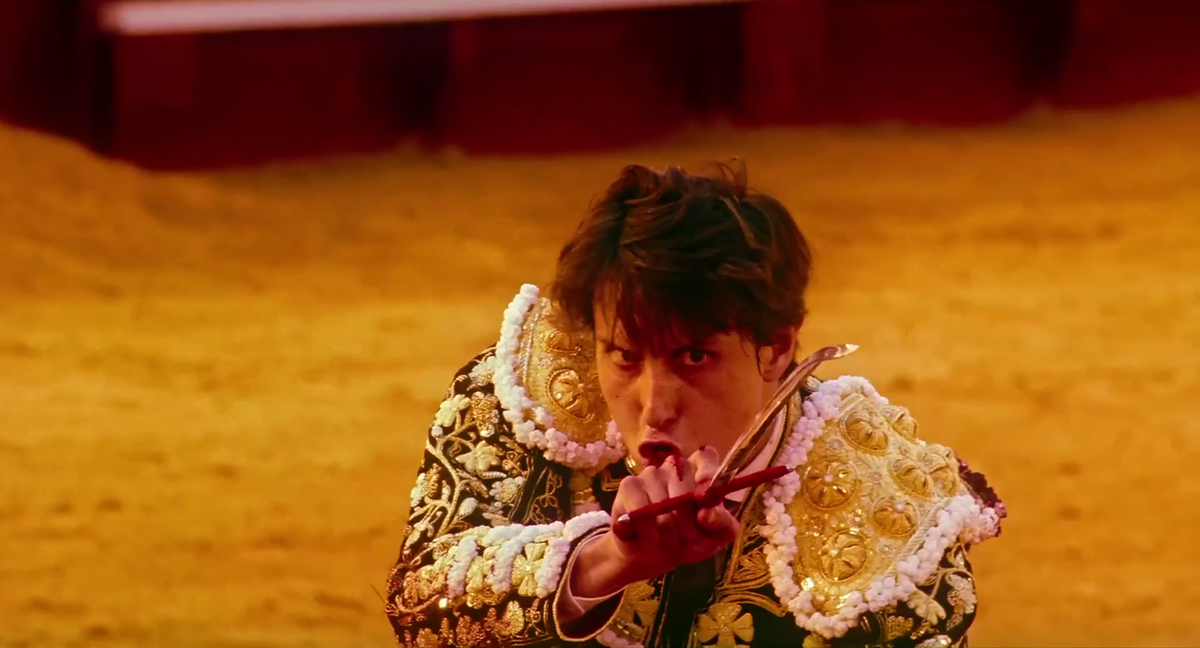
Albert Serra is a Spanish arthouse filmmaker who, for reasons both unconscious and mildly purposeful, I have avoided for many years until now. His latest film proves to be a perturbing rebuttal for anyone expecting the gracious, mild-mannered and cinematically sombre clichés of the typical 'European auteur film' by virtue of his chosen subject matter: bullfighting, specifically Spanish-style bullfighting. This is not to say Afternoons of Solitude doesn't wear its 'arthouse' techniques on its sleeve: undisturbed long takes, wide angle framing, cinema vérité-inspired capturing of dialogue, and the often overlooked tendency to emphasise the diegetic realism/mise-en-scène of its images and reiterating its immersive qualities as opposed to intellectual montage. Serra wastes no time—or rather spends the entirety of the film's runtime—inculcating you into the troubling spectacle of bullfighting.
A fair warning to anyone that has never been exposed to Spanish-style bullfighting, it is a cruel bloodsport where a matador, alongside their six assistants, stylishly torture a bull and goads it to charge at them using the iconic and traditional red cape. Spanish-style bullfighting is performed in three stages, with each stage progressively involving the bull's physical harm through a combination of long-ranged lances, sharp sticks, and a sword that delivers the finishing blow to its heart; if the final blow fails, the matador attempts to stab the bull again, but through its spinal cord instead.
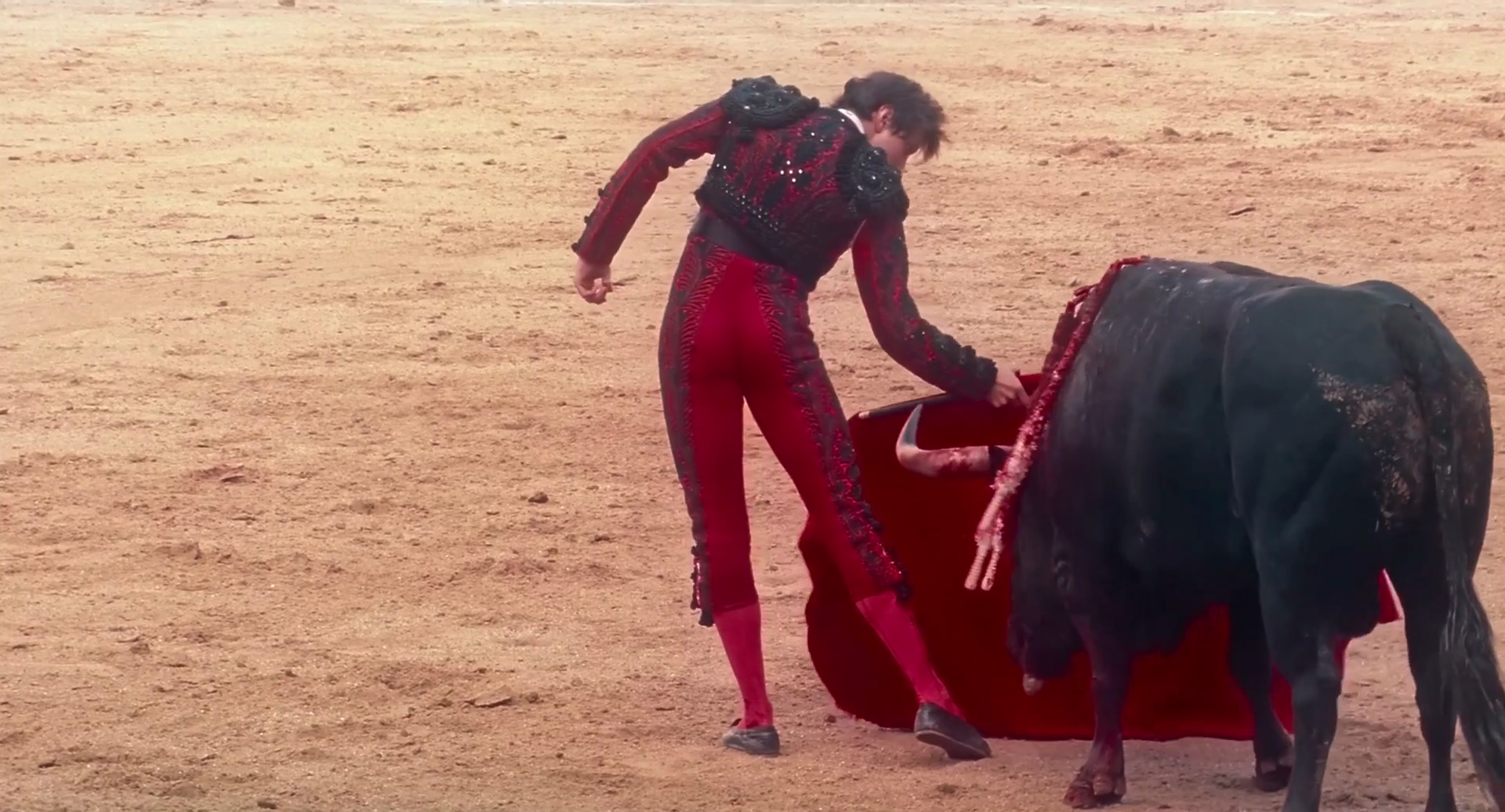
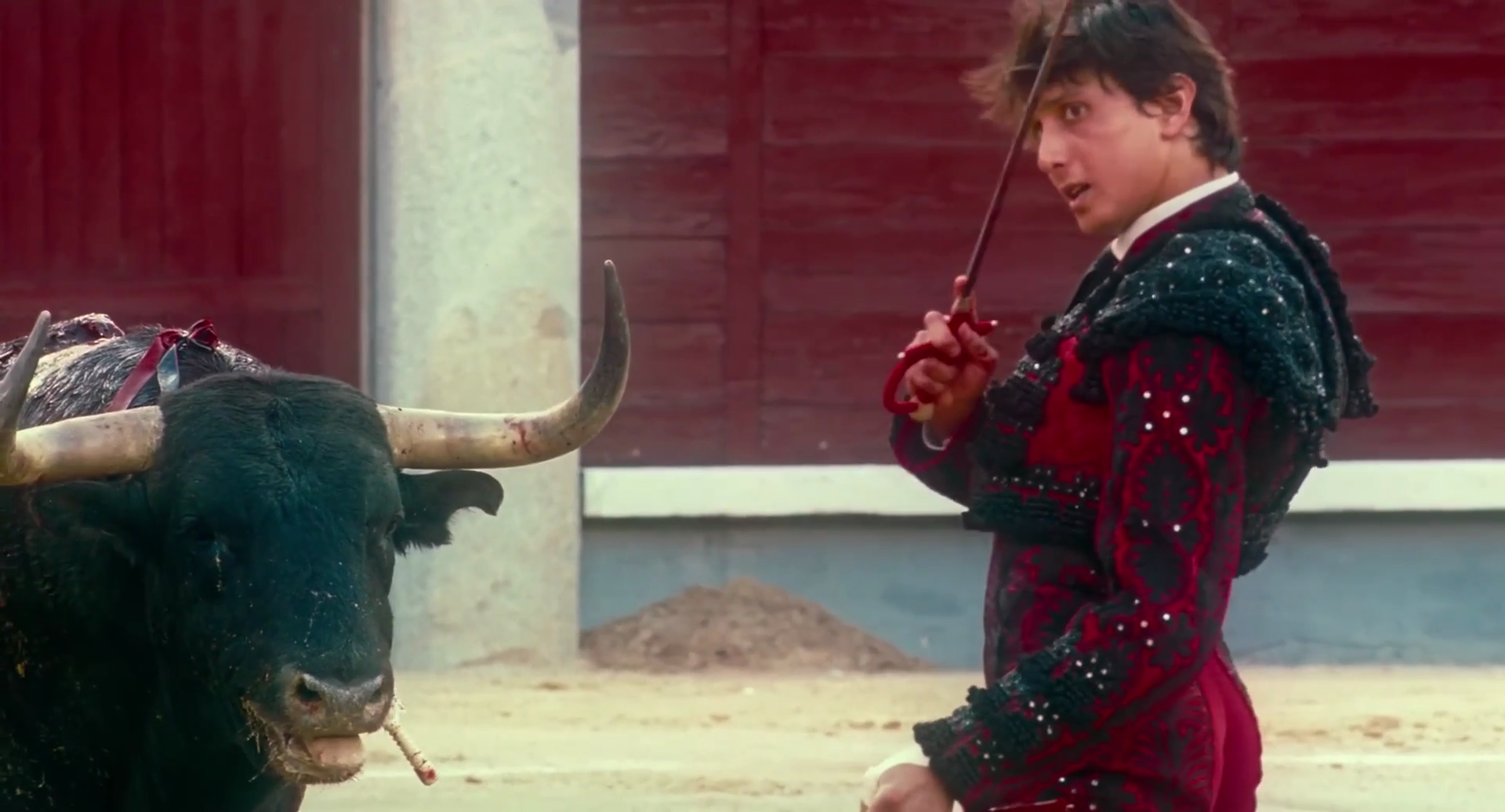
Images courtesy of Andergraun Films.
Merely describing the brutality of this spectacle cannot substitute what Serra attempts to cinematically demonstrate, being the fine line between said 'brutality' and 'spectacle'. This is where the film draws most of its controversy and moral dubiousness as Serra too toes the line between cinema's unique relationship with brutality and spectacle. By obliterating any form of critical distance from the on-screen violence, utilising long zoom lenses to focus on the matadors and rarely zooming out to see their entire bodies in comparison to the bulls, we are simultaneously enraptured and fixated on the corporeal fragility of both man and animal, while also deliriously lost and tunnel-visioned in determining the spatial dimensions—and by extension the broader thematic dimensions—of bullfighting as a cultural activity. We aren't granted a panoramic shot basking in the emotional catharsis of the sold-out crowd's cheering typical of sports movies whose narrative climaxes happen in an arena. No, this is a sport where its patrons cheer on the downfall of its victim while its victimiser flaunts their choreographic shiftiness, dodging the bull's oncoming horns each pass at a time.
A more accurate—if not unintentionally damning—description of the film's general modus operandi is summarised quite zealously by José Luis Rebordinos, the festival director of the 72nd San Sebastián International Film Festival, where it won top prize, the Golden Shell:
… if you are for bullfighting, you will remain so, and if you are against it, you will remain so. Afternoons of Solitude doesn't skimp on the cruelty of bullfighting, because you're going to see what it's like to kill a bull, what it's like to see the bull suffer, and then there's also what the bullfighters feel in that area of the ring… (translated with Google)
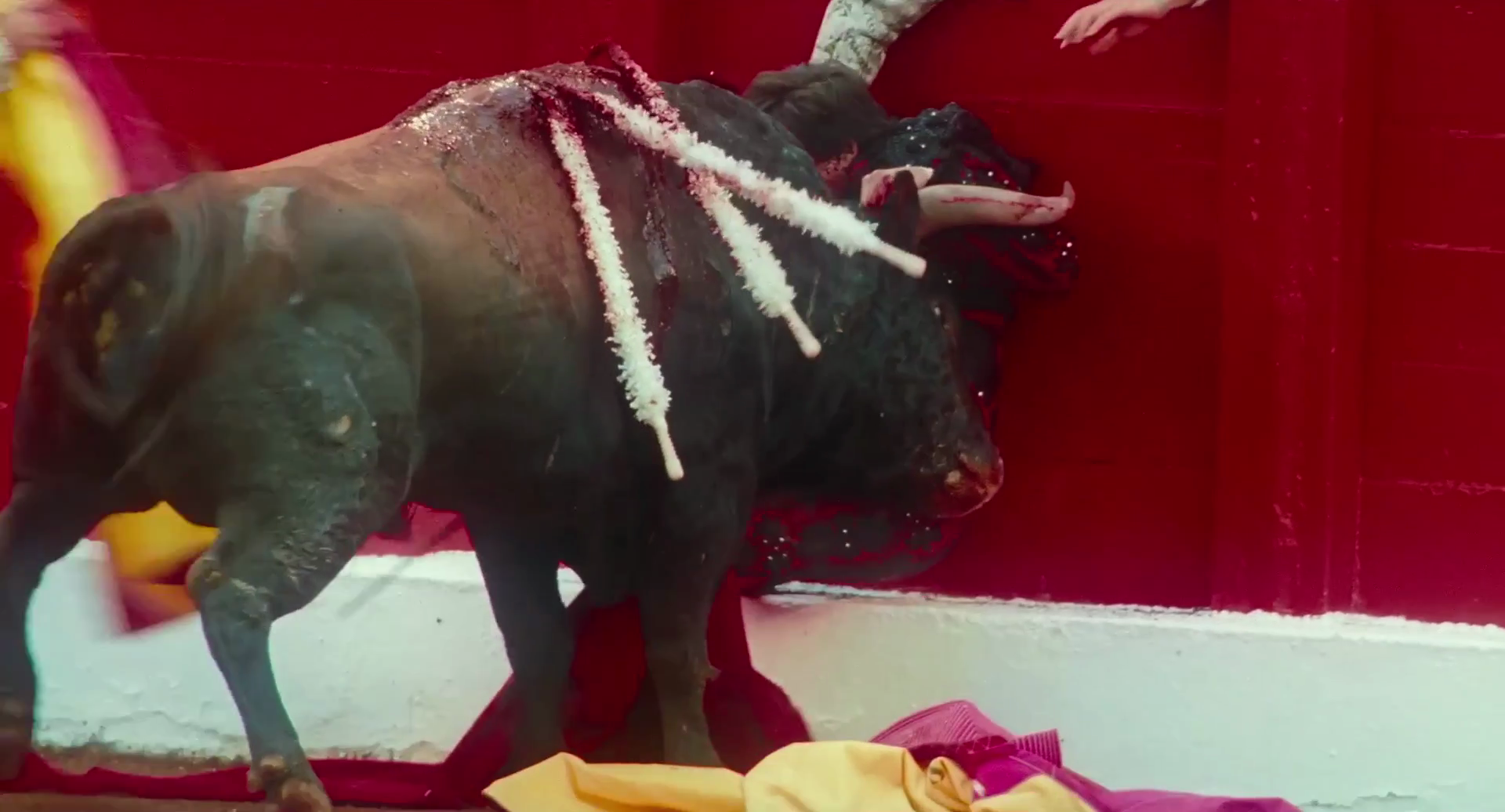
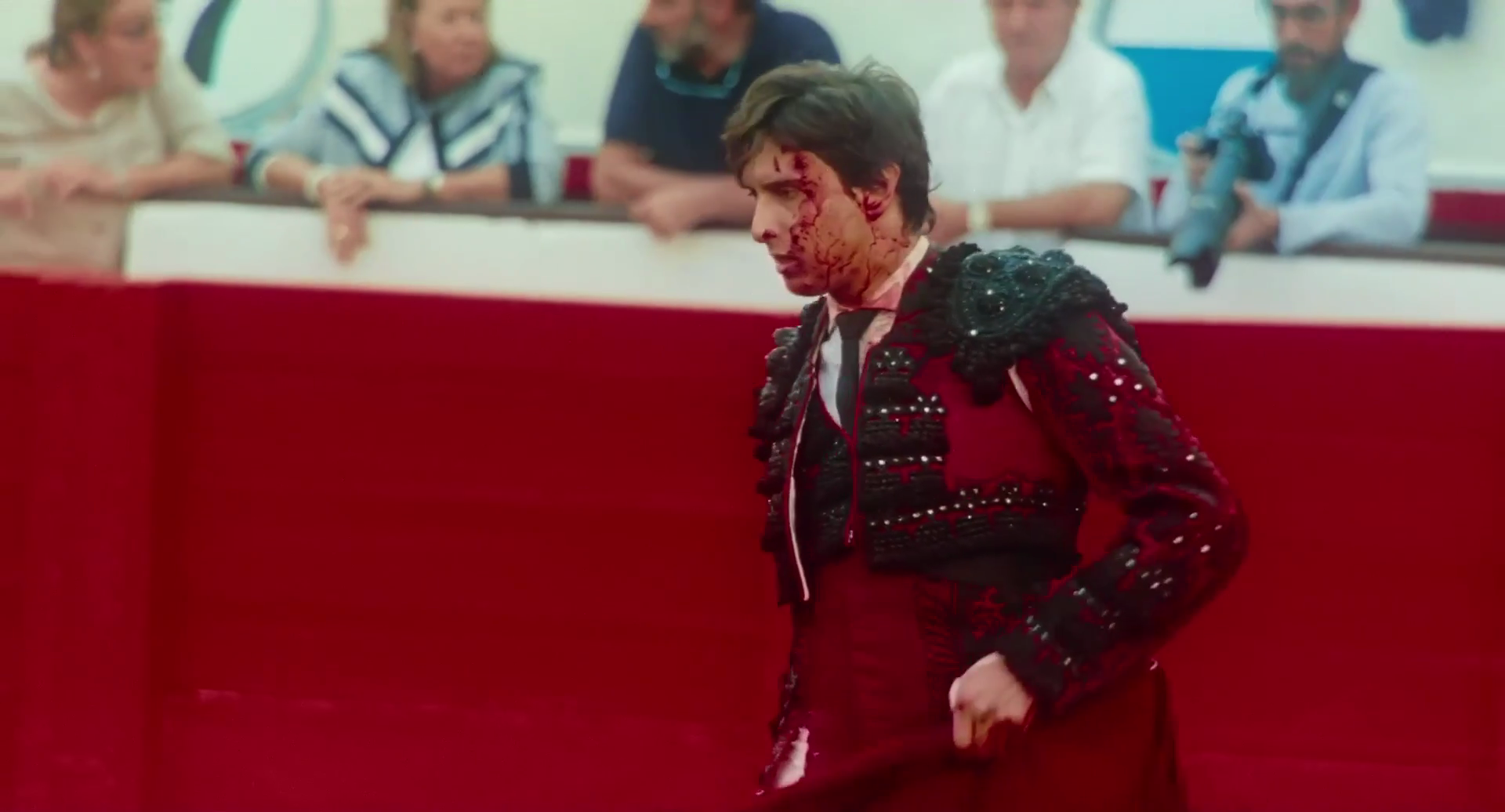
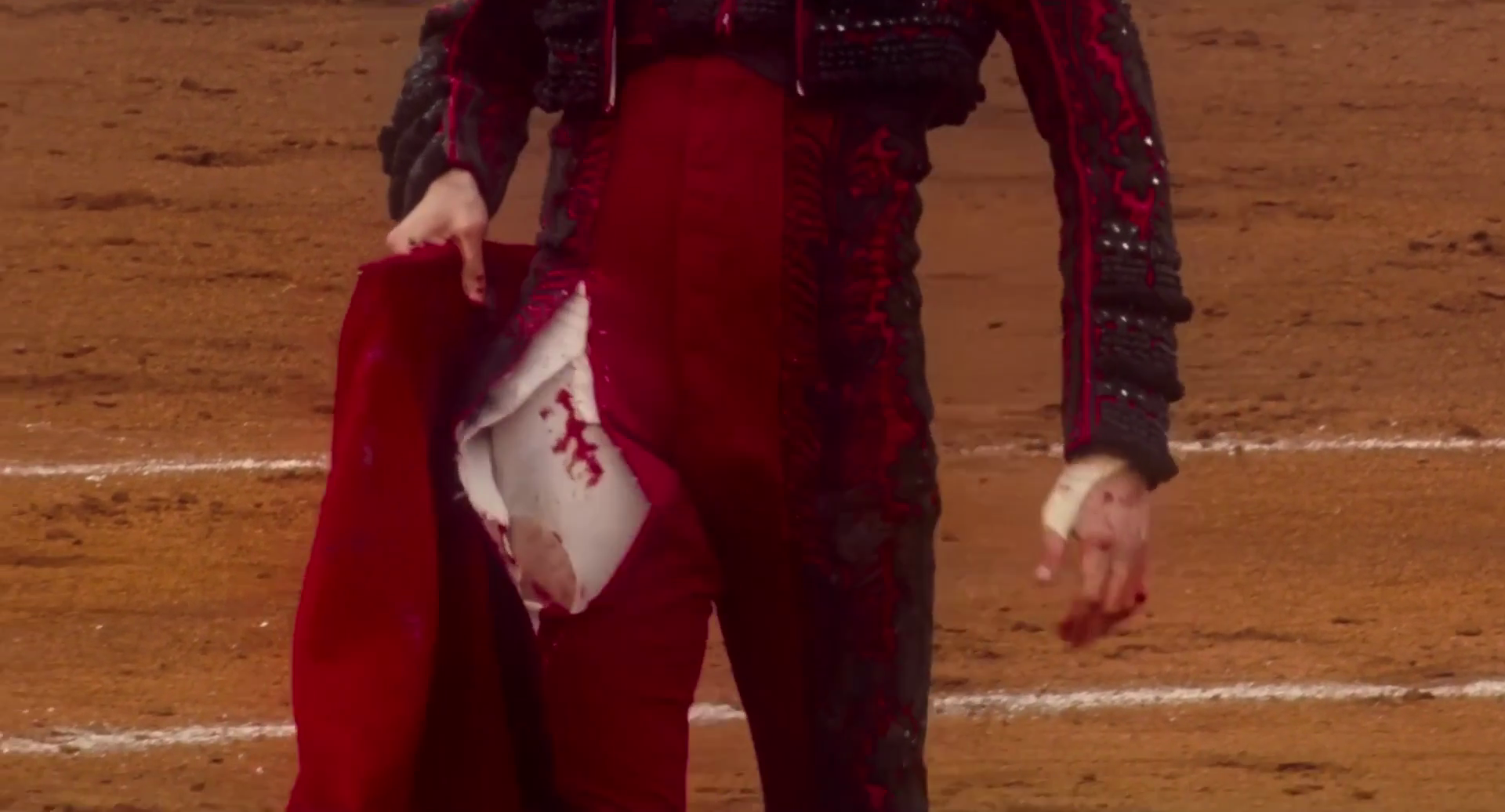
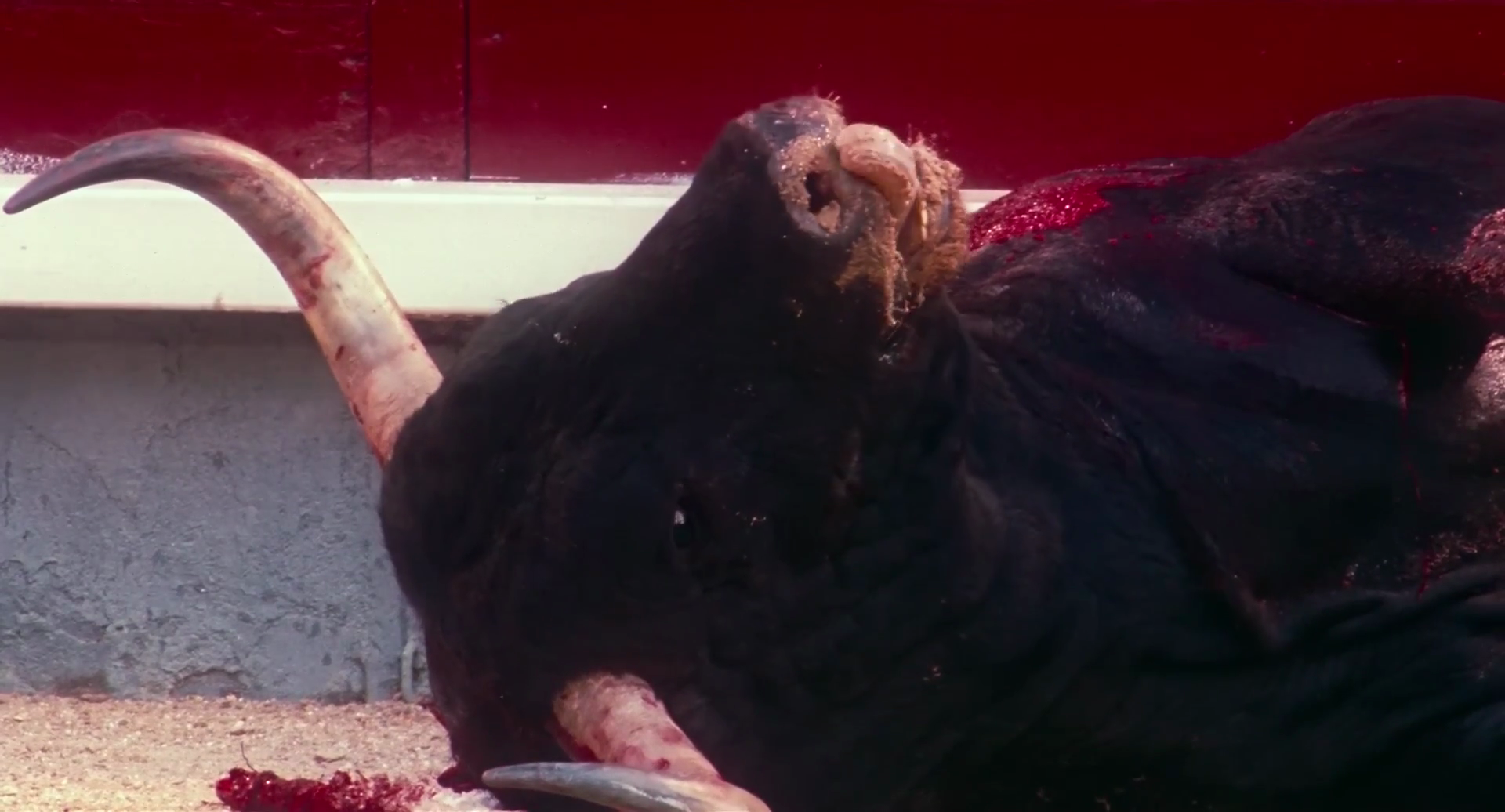
Images courtesy of Andergraun Films.
What puzzles me about this film—and arguably for the rest of Albert Serra's filmography—is how much this absence of a definitive position is mistaken for artistic profundity by abstracting bullfighting to its basic ideological constituents: masculinity, sado-masochism, homosocial fraternity, the banality of evil all coming into contact with the innate gratifying ritualisations of spectacle. There is no expansion on these thematic lines of thinking, but instead an unending, continuous stream of emotional indeterminacy reveling in its ethical middle ground of bearing witness to acts of institutionalised animal cruelty and validating the vicarious euphoria of spectatorship as some form of 'artistic provocation' (raving reviews of this film apparently find monotonous display of violence insightful and socially prescient, I guess). The middleman that is cinema in between the bullfighting and spectator is rather transparent, a one-way mirror that might as well function and an unedited pay-per-view broadcast of the whole affair with the most vestigial and superfluous of recontextualisations or commentary. Funny Games-ing your way into autocritique is a slippery slope that can turn your Squid Game into Beast Games. Mistaking this film's complicit disregard to the consequences of its images as allegorical to the barbaric consequences of our real-world geopolitical conflicts (Russia-Ukraine, Israel-Palestine, etc.) is a lazy comparison at best, nihilistic resignation to one's neutered sense of of a moral compass at worst.
Much like the three stages of Spanish-style bullfighting, I propose three questions that I strongly feel must be answered by anyone who is still intrigued by this film and would still go to see it out of morbid curiosity. The first question is the one Albert Serra constantly asks you and will reiterate without any counterargument: Is what you're seeing a spectacle to you? The second question that I and this film's detractors ask, which Serra deliberately ignores and relegates as subtext for some reason: Why is what you're seeing a spectacle to you? The third—and probably the most integral question—I would also ask even before engaging with an inflammatory project such as Serra's and its other satirical derivatives populating the mainstream festival circuits within the last two decades (I'm wagging my finger at the likes of Ruben Östlund and Michael Haneke): why is making a film about the dangers of shallow (masculine) spectacle also itself a spectacle?
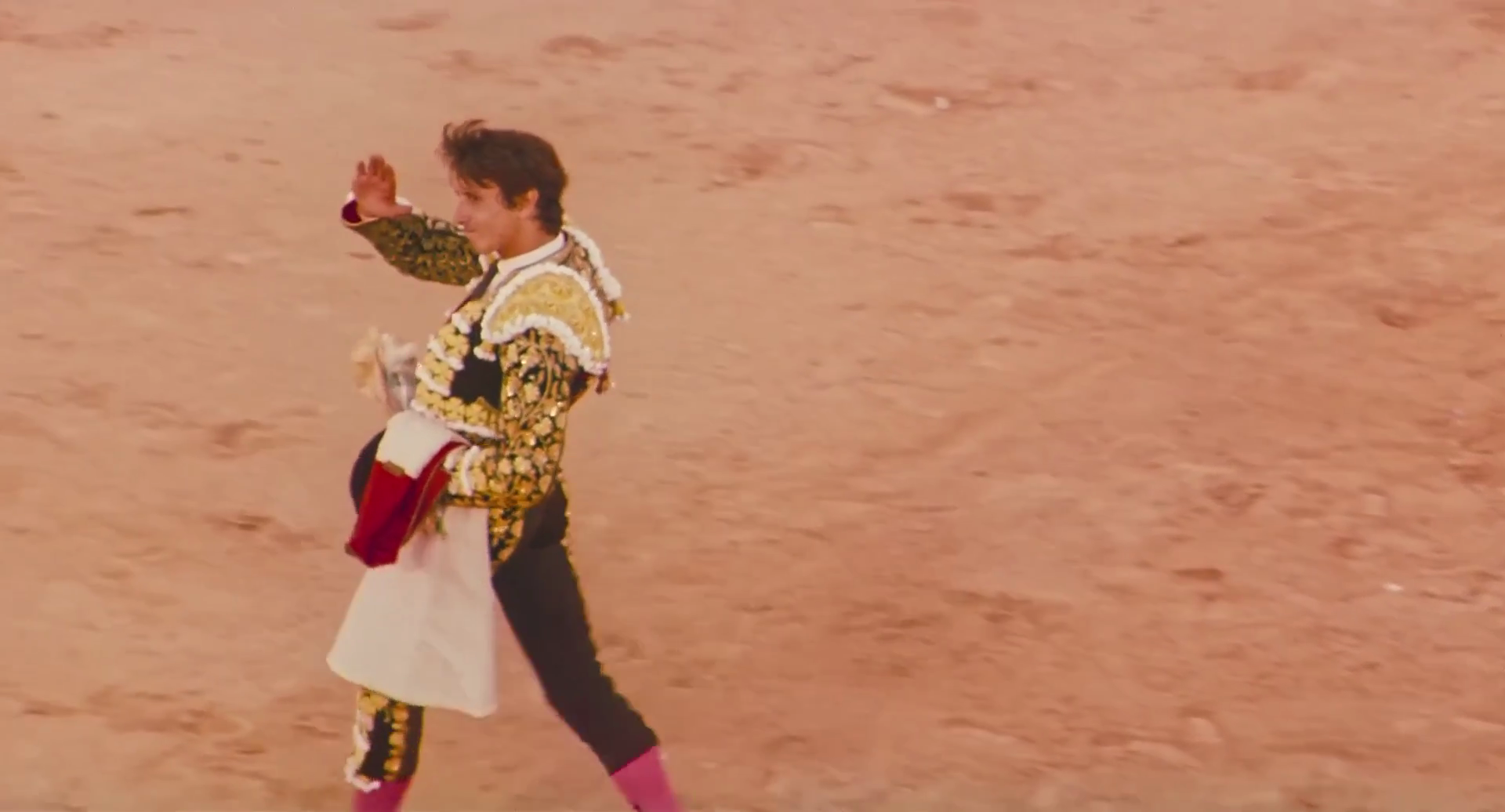
Afternoons of Solitude | Trailer | NZIFF25
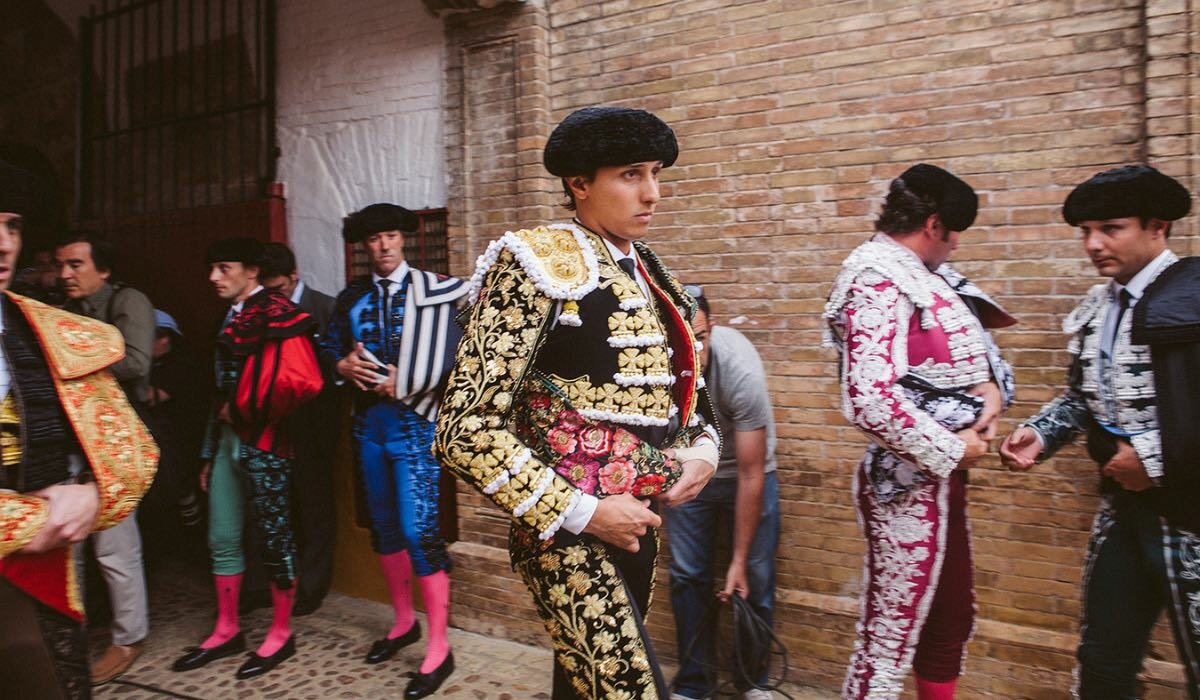
Follow our Letterboxd and Instagram to get live updates and reviews directly from our dedicated student team of film aficionados <3

Disclaimer
The views and opinions expressed in Craccum are those of individual contributors and do not necessarily reflect those of the editorial team or the publication as a whole. While we aim to ensure accuracy and fairness, Craccum cannot guarantee the complete reliability of all information presented and assumes no liability for errors or omissions.







